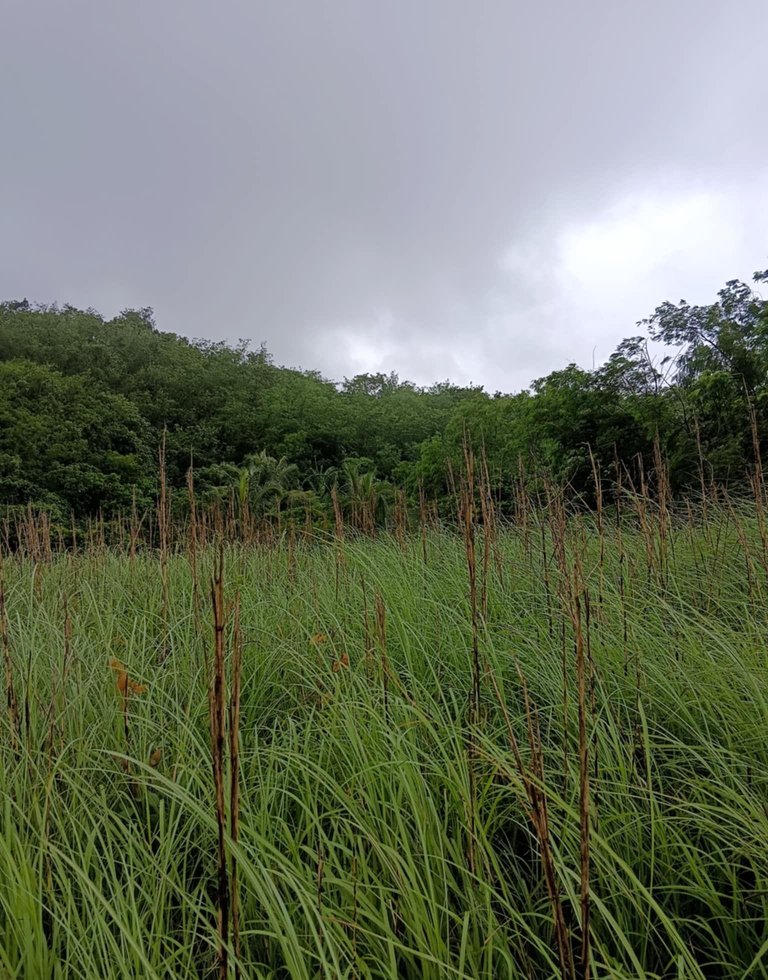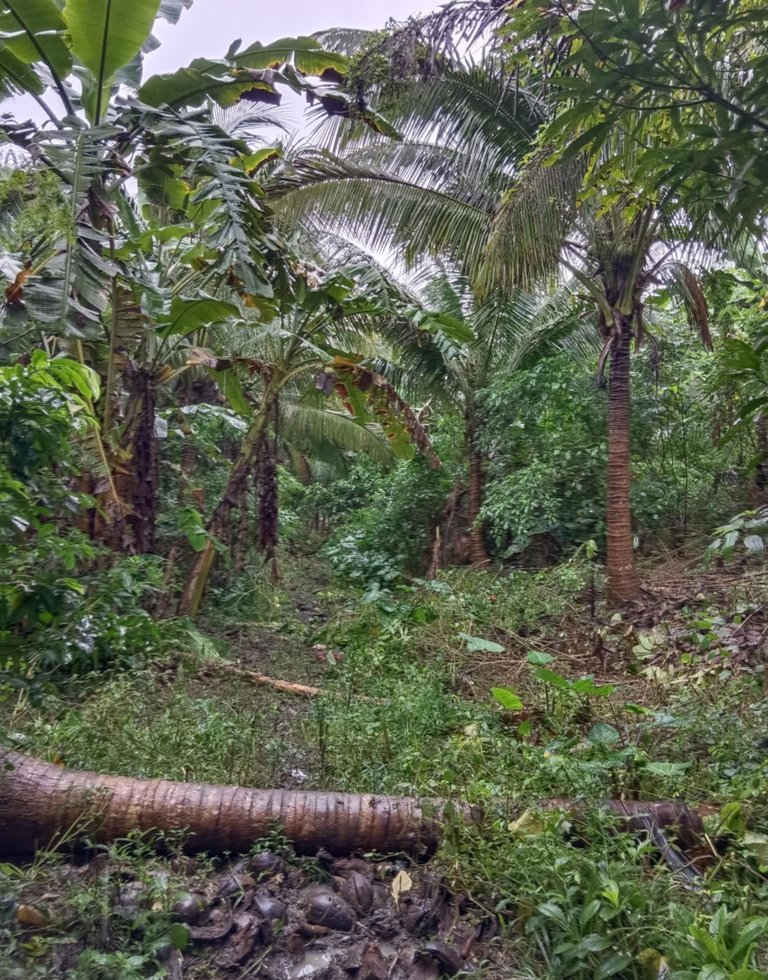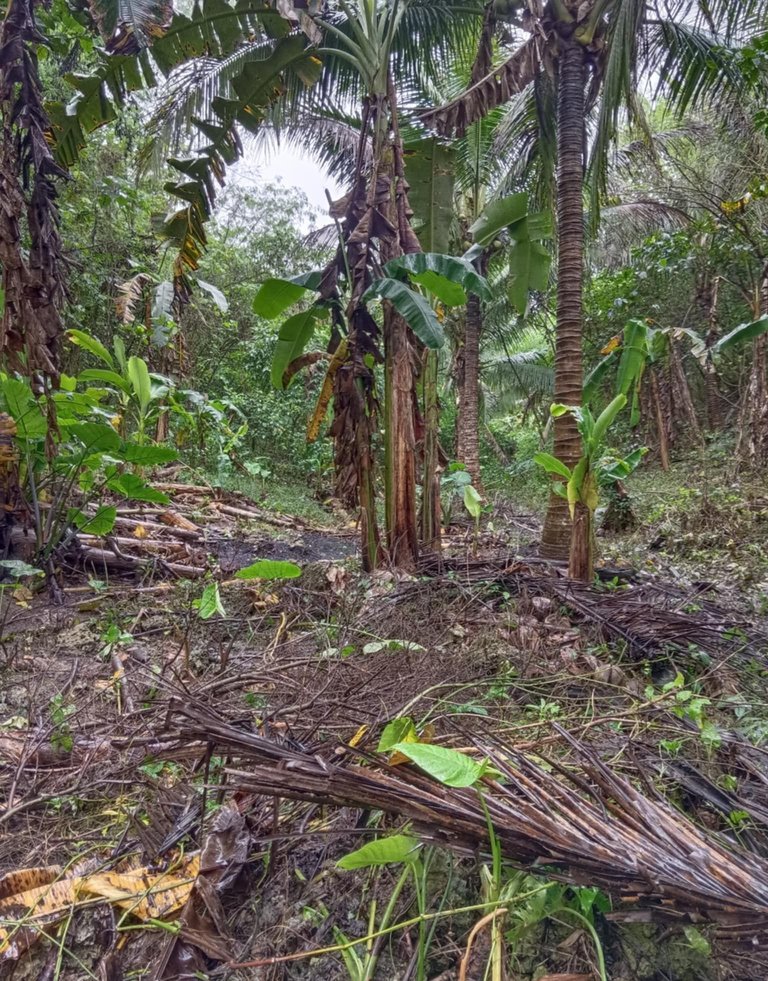
I stumbled upon something interesting the other day – a large swath of undeveloped land nestled deep within the mountains of Quezon Province. Now, I don't own this land, but the sheer size and potential got me thinking. With our country facing growing food security concerns, this piece of land could be a game-changer, if only...
The Land: A Sleeping Giant

Imagine it: rolling hills, fertile soil, and the gentle murmur of a nearby stream. This land, untouched by the hands of modern agriculture, holds immense potential. It could be a haven for diverse crops, a sanctuary for livestock, and a lifeline for the local community.
The Challenge: The Outlaws Threat
Unfortunately, the presence of the Outlaws / Bandits in the region has cast a long shadow over this fertile land. Fear of violence and disruption has forced local farmers to abandon their fields, leaving them fallow and unproductive. This not only impacts the livelihoods of the community but also contributes to the broader issue of food security in the Philippines.
Food Security in the Philippines: A Growing Concern

Let's be honest, food security is a major concern for our country. We rely heavily on imports for many of our food needs, leaving us vulnerable to global price fluctuations and supply chain disruptions. Moreover, climate change is wreaking havoc on our agricultural sector, impacting crop yields and exacerbating existing vulnerabilities.
The Land's Potential: A Solution in the Making
This undeveloped land in Quezon could be a crucial piece of the puzzle in addressing our food security challenges. If the Outlaws threat could be mitigated, it could be transformed into a productive agricultural hub.
Free-Range Chicken: A Sustainable Option
One particularly promising avenue would be to establish a free-range chicken farm.
- Abundant Space: The vast expanse of land provides ample space for chickens to roam freely, improving their health and reducing the need for antibiotics.
- Natural Resources: The natural environment offers abundant food sources for the chickens, such as insects and grasses, minimizing the need for expensive feed.
- Resilience: Free-range chickens are generally more resilient to diseases and can thrive in diverse environments.
Benefits for the Community:
- Job Creation: A free-range chicken farm would create employment opportunities for local residents, boosting the local economy.
- Food Source: The farm would provide a reliable source of fresh, high-quality protein for the community and potentially even for local markets.
- Community Empowerment: By empowering the community to utilize their land resources, the project could contribute to the overall development and self-sufficiency of the region.
Addressing the Outlaws Threat:
Of course, addressing the Outlaws threat is paramount. This requires a multifaceted approach:
- Increased Security Presence: While a necessary step, increased security presence must be balanced with respect for human rights and the needs of the local community.
- Community Engagement: Building trust and fostering dialogue between the government, the community, and the Outlaws is crucial.
- Development Initiatives: Investing in community development projects, such as improving infrastructure, providing access to education and healthcare, and promoting sustainable livelihood opportunities, can help address the root causes of the conflict.
A Hopeful Future
The journey towards unlocking the potential of this land will undoubtedly be challenging. However, I believe that with careful planning, community involvement, and a commitment to sustainable practices, this undeveloped land can become a beacon of hope for food security in the Philippines.
Congratulations @jessonb-world! You have completed the following achievement on the Hive blockchain And have been rewarded with New badge(s)
Your next target is to reach 100 comments.
You can view your badges on your board and compare yourself to others in the Ranking
If you no longer want to receive notifications, reply to this comment with the word
STOPWho owns these undeveloped lands though? Are they private but just not focused on by the owners?
Could there be loss of ownership (i.e. deceased) or are the lands embroiled in court battle?
I assume the bandits are a consequence since they use the vast forestry as hideouts. Or do they threat even the landowners which is also one of the reasons it's being left untouched. Maybe waiting for a buyer to take the risk of developing it?